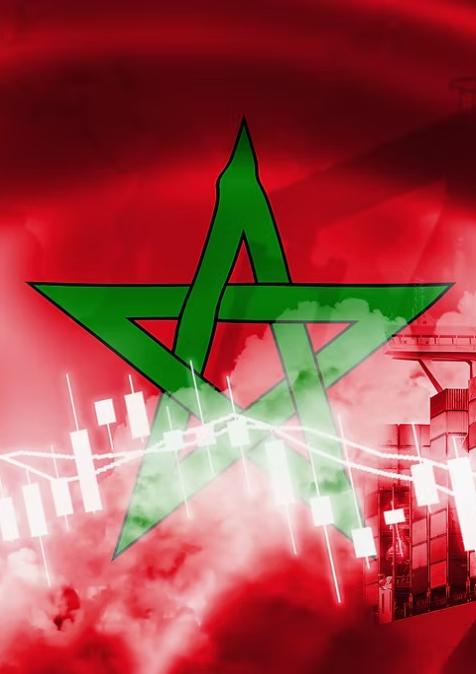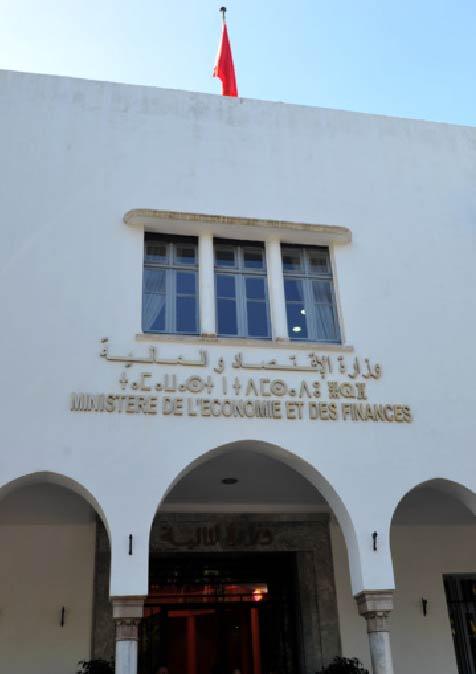Publications /
Opinion
Compte rendu de l'événement "Le processus de croissance au Maroc: Quelques éléments d’analyse" initialement publié sur leclubducepii.fr.
Le rythme de croissance de l'économie marocaine a été honorable dans les années 2000 (+4,7%) et plus modeste durant les années 2010 (+3%). Le pays a réussi à s'intégrer avec succès dans des chaines de valeurs mondiales. Cependant, le chômage reste à un niveau très élevé, notamment pour les jeunes dans les centres urbains. Un sentier de croissance élevé, soutenable, qui ferait du Maroc dans son ensemble un nouveau pays émergent suppose la mise en œuvre de réformes structurelles qui devront porter en priorité sur la refonte du secteur éducatif, l'optimisation de l’investissement public, une politique de la concurrence effective et équitable et un pilotage macroéconomique adapté.









